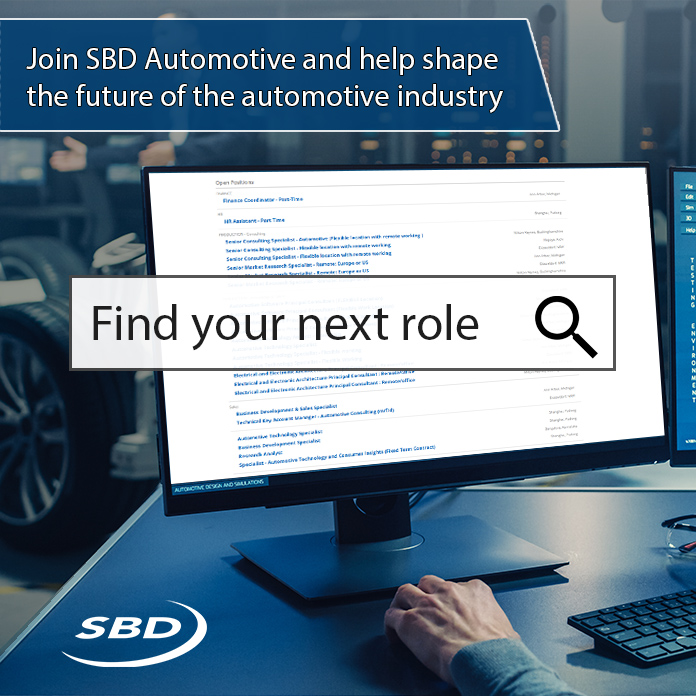Otonomo, an Automotive Data Service Platform, today announced that it is collaborating with Microsoft to build services on top of Microsoft Azure and the Microsoft Connected Vehicle Platform. This will make it easier for OEMs to take advantage of Otonomo’s data services so they can deliver next-generation driving experiences with built-in data privacy protection.
The Otonomo Platform securely ingests automotive data from OEMs, fleet operators, etc., then reshapes and enriches the data so application and service providers can use it to develop a host of new and innovative offerings that deliver value to consumers. The Otonomo ecosystem, with partners across twelve industries, provide a rich diversity of service offerings, including emergency response, mapping, on-demand fueling, parking, predictive maintenance, usage-based insurance, media measurement, in-vehicle package delivery, and dozens of smart city services.
Through the collaboration with Microsoft, OEMs adopting the Microsoft Connected Vehicle Platform can easily plug their connected car data into Otonomo’s existing ecosystem to quickly roll out new connected car services. With a straightforward way to bring “services of the future” to today’s drivers, the collaboration will provide new value to OEMs, drivers and service providers alike.
The Otonomo Platform is designed to protect both drivers and commercial interests, with secure data management and granular controls over what data gets shared anonymously or associated with a specific vehicle. The Otonomo Consent Management Hub provides a simple, straightforward process for drivers to grant or revoke permission for specific services that consume personal automotive data. In addition, the Otonomo Dynamic Anonymization Engine protects driver privacy with a sophisticated combination of techniques, applied on a use-case basis, to make anonymous automotive data more usable and valuable for a diverse range of applications and services. OEMs will be able to take advantage of integrations between the Microsoft Connected Vehicle Platform and these two critical capabilities for safeguarding driver privacy. They will also be able to extract aggregate data more easily to accelerate speed to market for new applications of bulk, anonymized car data.





























